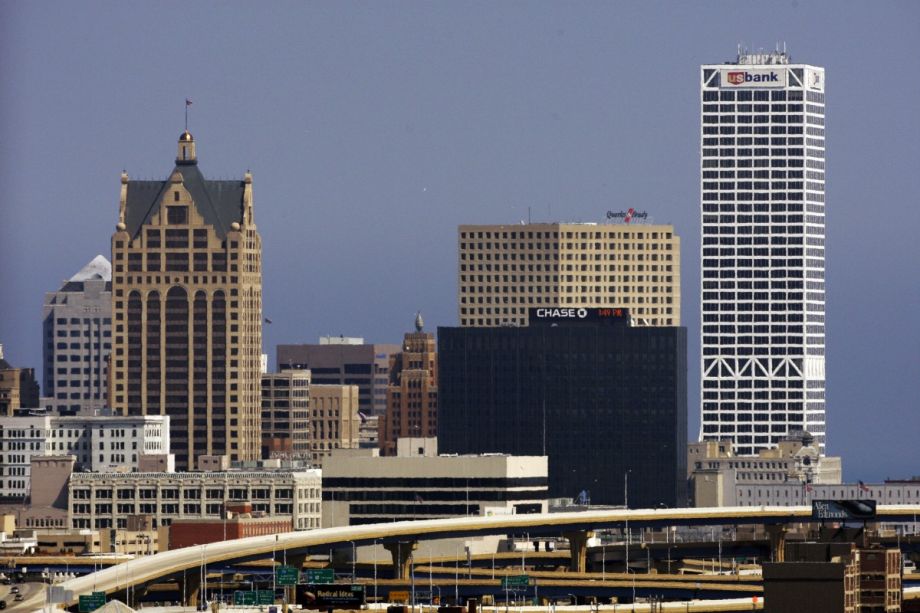Even in the state’s more conservative counties, Wisconsin residents want good schools more than they want tax cuts, Urban Milwaukee reports.
Voters are concerned that recent cuts have harmed public education according to a poll from Marquette University Law School.
From Urban Milwaukee:
When presented with a direct trade-off between increasing resource for schools and cutting taxes, a significant majority of Wisconsin voters said they favor spending more money on schools (61%) than reducing property taxes (32%).
Many Wisconsin voters said that schools were in worse shape now than they were a few years ago. Nearly half (47%) said that schools were in worse shape now than in recent years, and only 15% said that schools are in better shape now.
Those findings could have big policy implications for state lawmakers, according to the site — although those officials may or may not choose to listen. Prior to 2011, the state devoted $3.81 of every $10 in tax revenue to public schools. Starting in January of that year, however, lawmakers began to chip, then chop, away at that revenue. The combined cost of tax cuts since 2011 has “climbed each year, starting from a low of $57 million in 2012, and reaching $2.0 billion in 2019 in inflation-adjustment dollars,” according to the Wisconsin Budget Project. The combined total cost of the tax cuts adds up to $8.7 billion over the eight-year stretch.
As Next City has covered, Wisconsin’s unemployment rate is at a record low, and state lawmakers are worried that working-age population growth is only projected to be 0.2 percent — while the projected job growth rate is six percent. Officials want to import talent from nearby Chicago, but funding public schools could also go a long way toward closing the workforce gap in the future. (The Madison-based Terrace Town project is one innovative program preparing Wisconsin students for the state’s regional needs). A focus on equity — and decent public transportation — could also go a long way, since the unemployment rate is higher among communities of color in the state’s cities.
One thing is certain, lawmakers have no problem continuing to offer corporate tax breaks. Last year, Taiwanese manufacturer Foxconn announced plans to build a $10 billion plant in Wisconsin, with $3 billion in incentives slated to come from the state.

Rachel Dovey is an award-winning freelance writer and former USC Annenberg fellow living at the northern tip of California’s Bay Area. She writes about infrastructure, water and climate change and has been published by Bust, Wired, Paste, SF Weekly, the East Bay Express and the North Bay Bohemian
Follow Rachel .(JavaScript must be enabled to view this email address)


_600_350_80_s_c1.jpg)


_600_350_80_s_c1.jpg)










